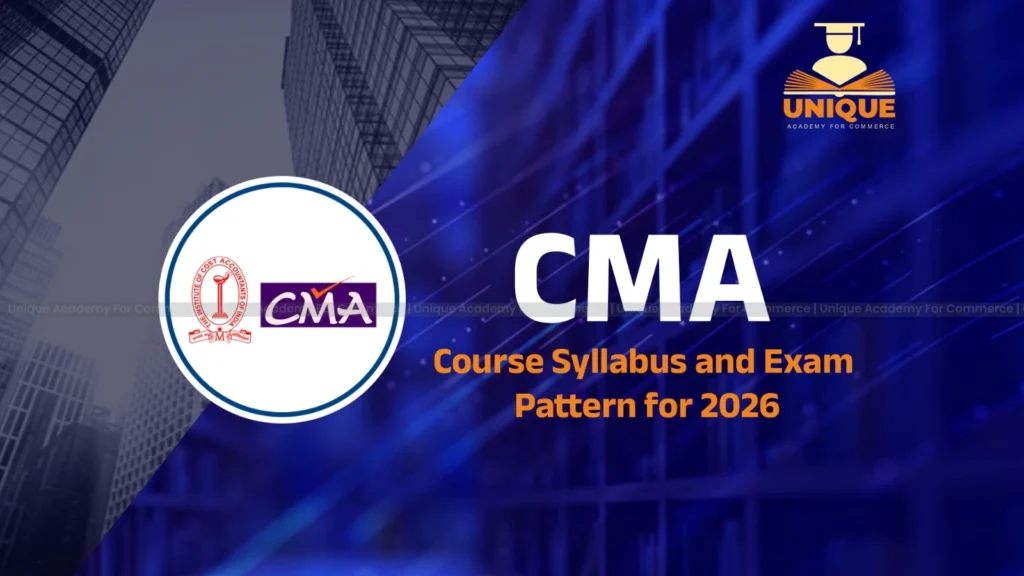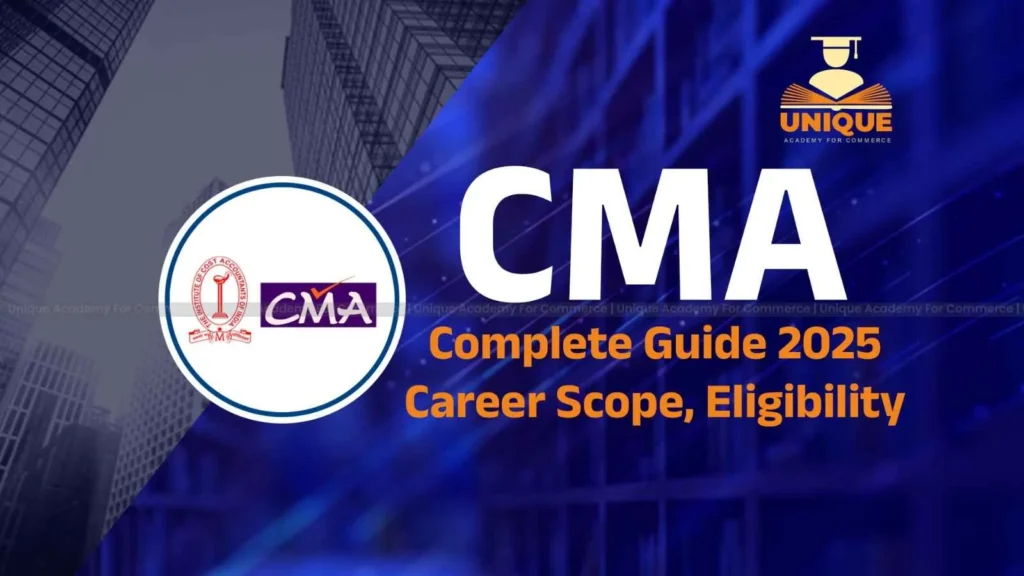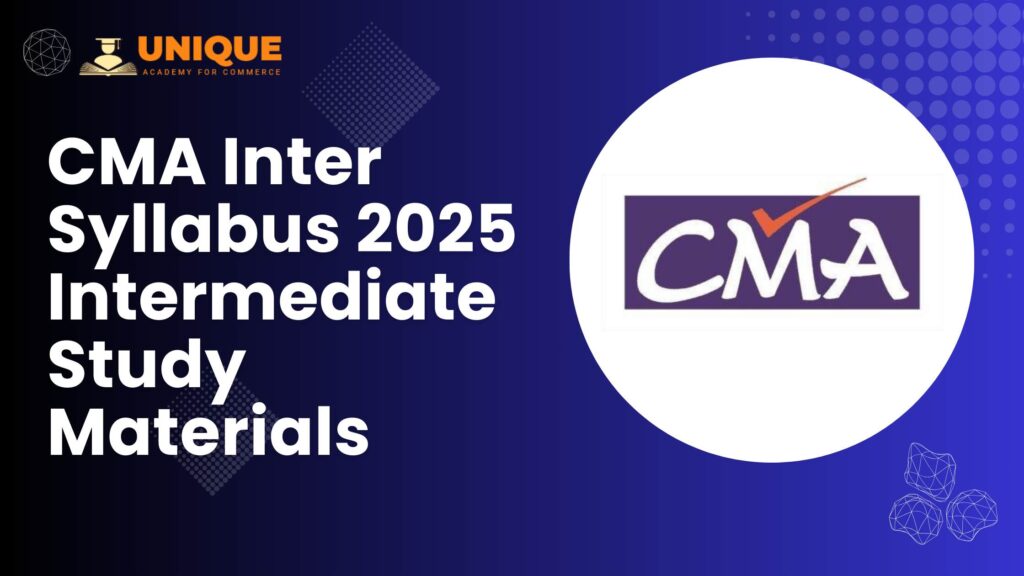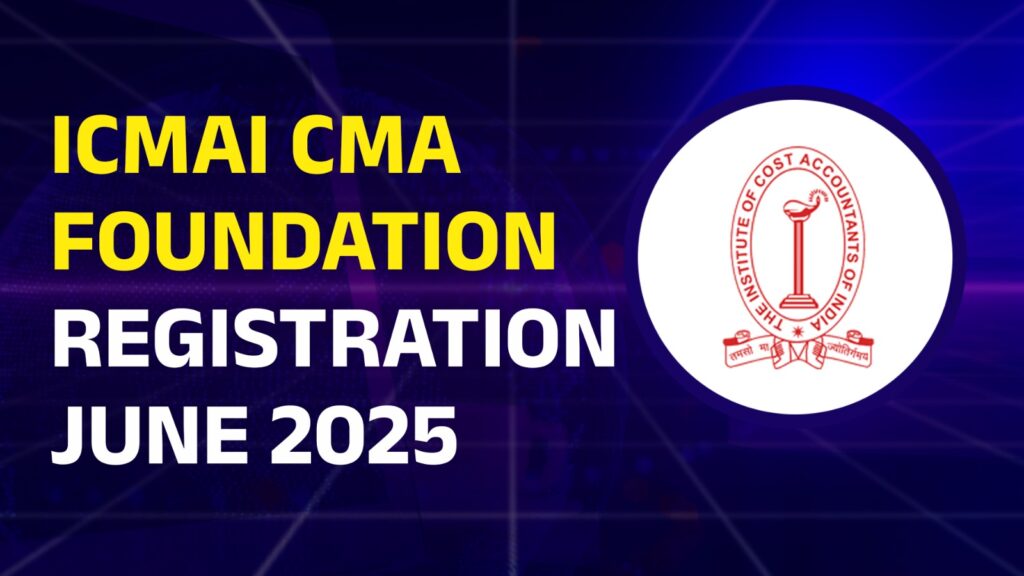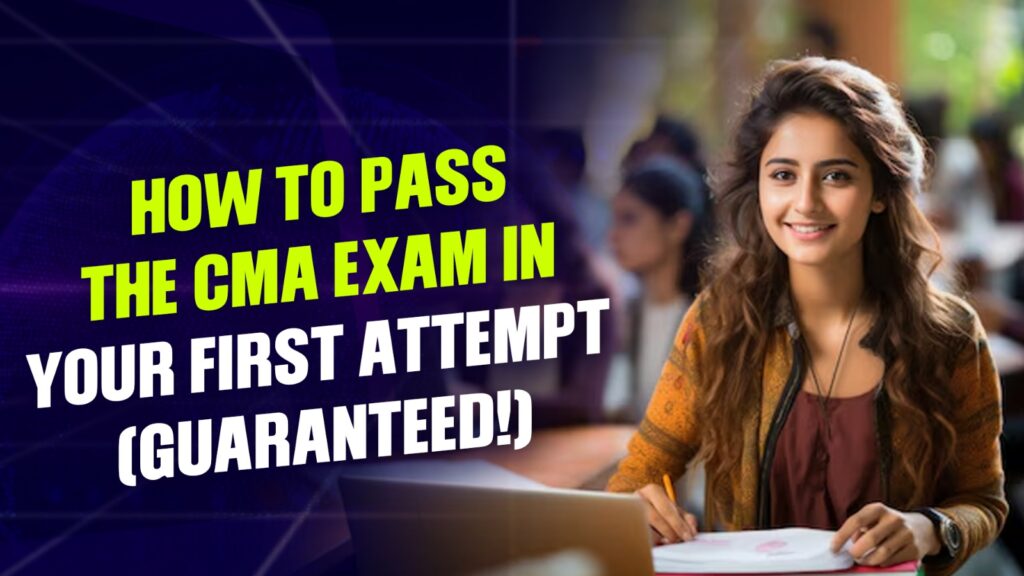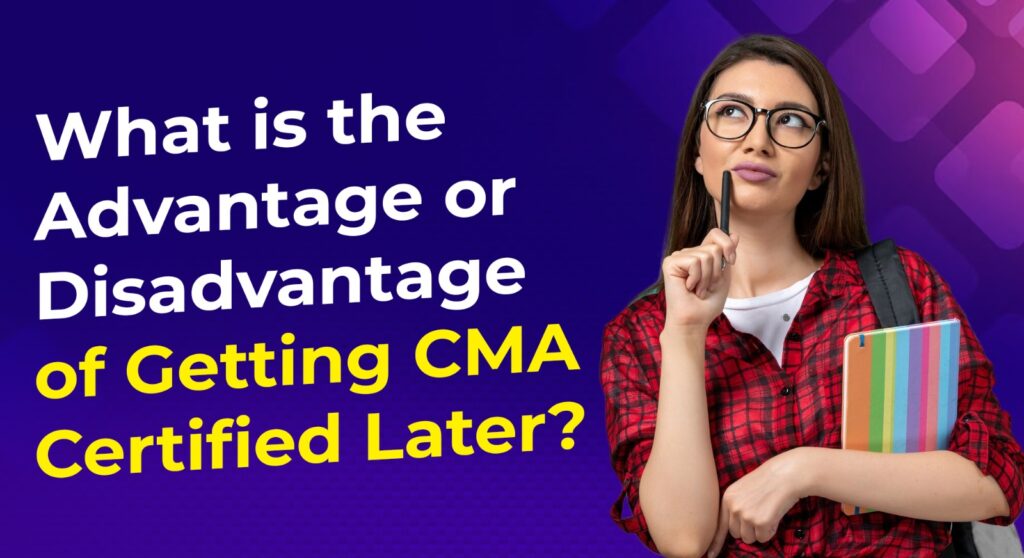CMA Final Syllabus | What is the new syllabus for CMA final?
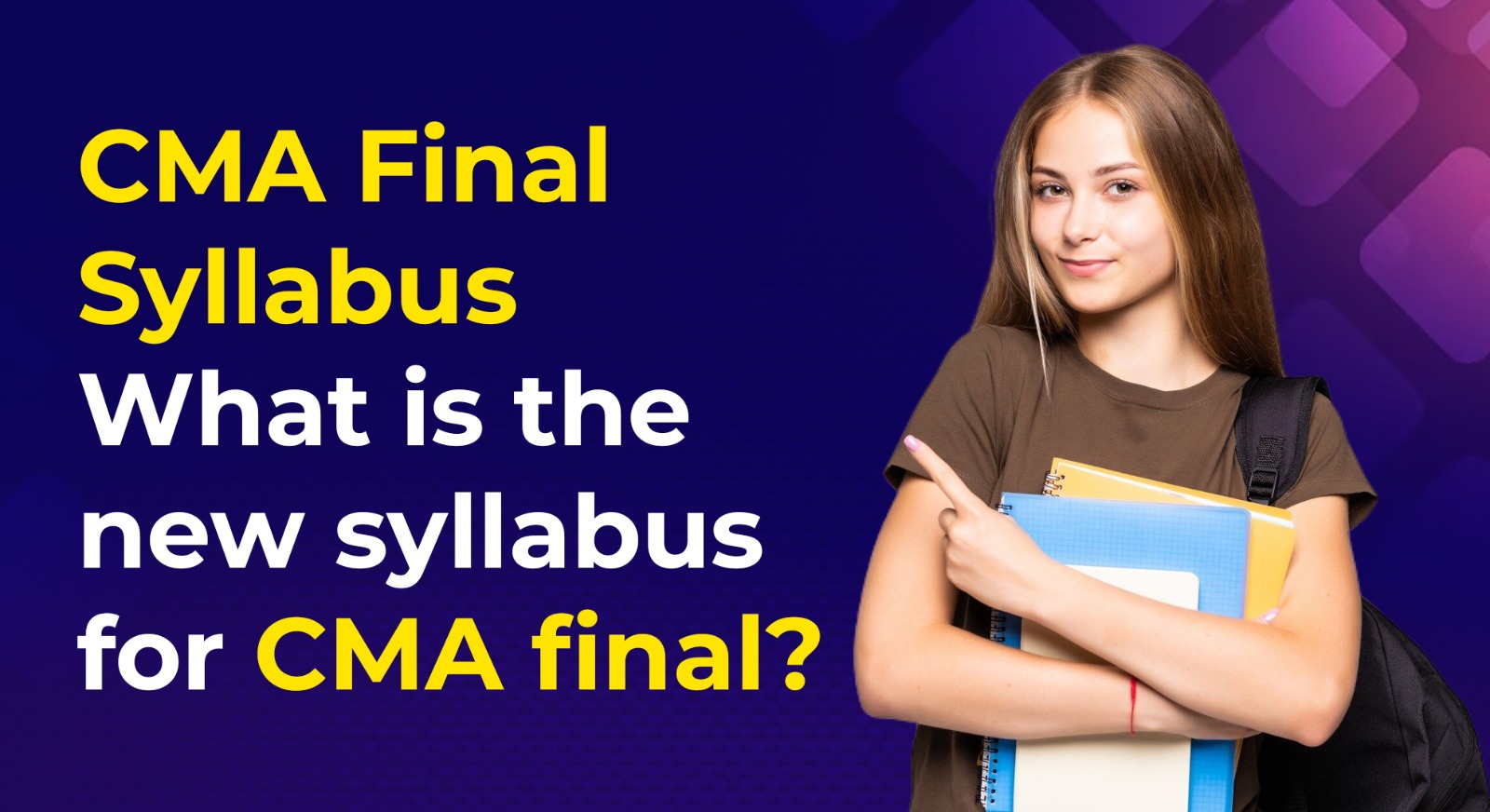
The CMA (Cost and Management Accountant) program, conducted by the Institute of Cost Accountants of India (ICMAI), offers a comprehensive curriculum for aspiring cost accountants. The syllabus for the CMA Final course has been revamped to align with industry demands and emerging trends.
CMA final syllabus 2023 mainly consists of two groups- Group 3 and Group 4. Group 3 includes 4 papers, also Group 4 involves 3 papers , further the candidates are required to choose 1 from 3 elective papers during final course enrolment.
The CMA final new syllabus 2023 was released by the Institute of Cost and Management Accountants of India (ICMAI) in the year 2022.
Let’s explore the subjects covered in the new syllabus:
Group III:
PAPER 13: Corporate and Economic Laws (CEL)

This paper puts an emphasis on legal issues connected with corporate governance, contract law, and economic laws.
The major topics are company law, securities regulations, competition law, and economic legislation.
PAPER 14: Strategic Financial Management (SFM):
SFM is related to the financial decision-making (capital budgeting), risk management, and capital structure.
Topics discussed include cash flow analysis, working capital management, and capital expenditures.
PAPER 15: Direct Tax Laws and International Taxation (DIT):
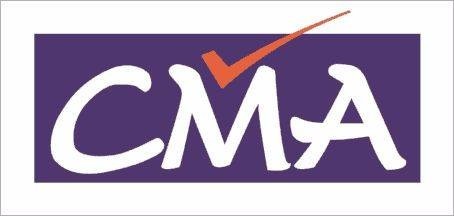
This component focuses on the direct tax law prevailing in India and the double tax treaties.
Specific topics such as income tax, transfer pricing, and tax planning are covered.
PAPER 16: Strategic Cost Management (SCM):
SCM is based around cost management, budgeting, and performance evaluation.
Topics are going to cover expense control, pricing strategies, and strategic planning.
Group IV:
PAPER 17: Cost and Management Audit:
Cost and Management Audit is based on audit principles, techniques and internal control systems.
In this course, the topics that will be discussed are audit planning, risk assessment, and audit reporting.
PAPER 18: Corporate Financial Reporting (CFR):
CFR is the authority for financial reporting standards, accounting policies and consolidation issues.
The lessons will include financial statement analysis, consolidation accounts, and ethics in accounting.
PAPER 19: Indirect Tax Laws and Practice (ITLP):

The ITLP covers the indirect taxes which include GST, customs, and service tax.
Issues to be addressed are tax compliance, assessments and appeals.
PAPER 20A: Strategic Performance Management and Business Valuation (SPMBV):
In the context of SPMBV, we focus on performance measurement, balanced scorecards, and business valuation.
The areas to be addressed include strategic control, performance assessment, and management by values.
PAPER 20B: Risk Management in Banking and Insurance (RMBI):
RMBI explores the risk management practices that are employed in both banking and insurance sectors.
The examples include credit risk, market risk, and regulatory compliance.
PAPER 20C: Entrepreneurship and Start-Up (ENTS):
ENTS discusses the entrepreneurial ideas such as innovation, startups and new ventures.
Issues of business models, funding sources, and growth strategies are also covered.
CMA Final: Registration Fees
| Particulars | Fees (INR) |
| Final | INR 25,000 |
CMA Final: Application Fees
| Particulars | Fees (INR) |
| Final Course (Single Group) | INR 1400 |
| Final Course (Both Groups) | INR 2800 |
Tips to clear CMA Final in first attempt
- Create a Structured Study Plan:
The first of the approaches to studying for the CMA India exams is to develop a study schedule. Divide the syllabus into subtopics and assign certain hours of the day for each subtopic.
A structured plan does not only guarantee that no topic is left out but also assists in monitoring the progress.
- Understand the Exam Pattern:
Get to know the examination pattern of CMA India Inter and Final exams. Knowing the format, types of questions, and marking schemes will enable you to prepare adequately for the exams.
Organize the content according to the weightage of the topics in the exam to get the best results.
- Practice Regularly:
Repetition is the name of the game when it comes to CMA India exams. Spend time on solving sample papers, mock tests, and previous years’ question papers.
This not only helps in grasping the content of the subject matter but also gets one accustomed to the examination hall, the time constraint and the type of questions that are likely to be asked.
- Effective Time Management:
Another factor that should be considered is the time management especially when preparing for exams. It is advisable to study in short bursts with short intervals of rest in between the study sessions.
Sort the topics according to their level of difficulty and their relevance to the course. It will be wise to set achievable time frames for the completion of each part of the paper.
- Stay Updated with Amendments:
The financial world is constantly evolving and some of the CMA exams may include changes to reflect the current practices.
Ensure that you are up to date with the changes in the laws and the accounting rules. It is recommended to visit the official website of ICMAI to know about the changes in the syllabus from time to time.
Conclusion: Charting Your Path
The new CMA Final syllabus not only teaches the technical knowledge but also develops the analytical skills, ethical consciousness and strategic thinking. Aspirant CMAs should continuously learn, remain current with the industry trends and actively participate in organizational progress.
Recall that perseverance and commitment are the two most important things to your career success. For more detailed information, please visit the ICMAI official website.
CMA Course Direct or Indirect Entry Eligibility After 12th Grade
CMA Inter Registration 2024: Fees, Last Dates & Steps To Apply






